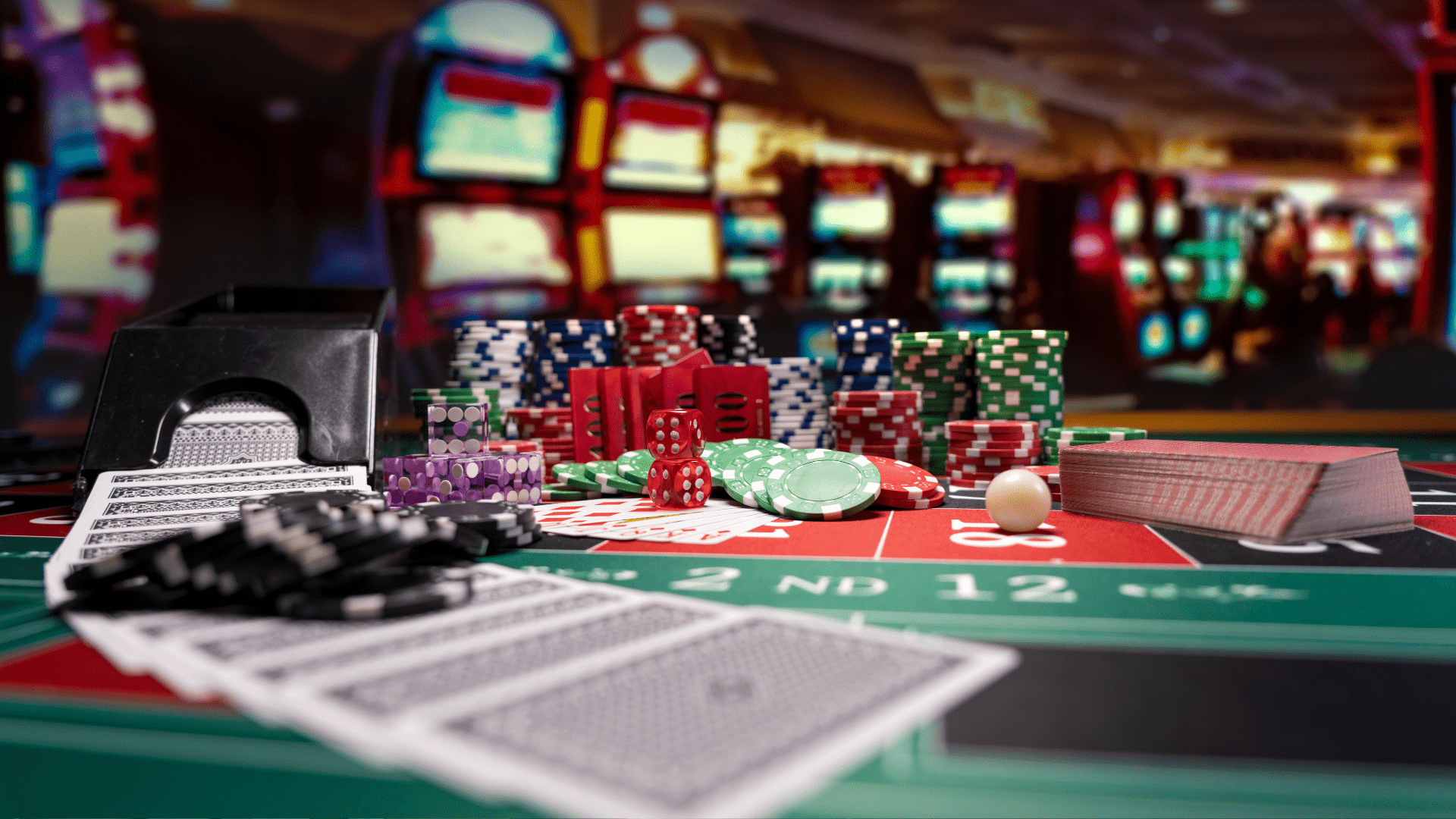The Psychological Shift Between Skill Based Poker and Chance-Driven Slots
Source: Canva editor
People tend to view all gambling activities as similar when discussing gambling operations. A person needs to maintain distinct psychological states for engaging in poker compared to the mental approach needed for slot machine games.
The two activities function separately from each other to trigger different cognitive processes and emotional responses concerning control behaviors in humans. With relation to skill-based versus chance-based gaming practices and their particular audience preferences, the differentiation between game kinds provides important insights into human behavior.
The gaming world commonly associates poker and slots together, yet psychologically, both games maintain distinct realms that mostly oppose each other. One demands calculation, strategy, and emotional regulation; the other leans into spontaneity, luck, and surrender.
Calculated Risks: The Mindset Behind Poker
Poker functions as a mental game because it contains skills together with random factors. The poker game forces players to make probability assessments along with understanding their opponents and keep their emotions in check using incomplete information for making ongoing strategic decisions.
To succeed in poker a player must excel at table dynamics assessment as well as risk management and bluff-based tactics to navigate unfavorable conditions. Players in gates of olympus follow a different direction from poker enthusiasts because they depend solely on luck while poker requires strategic decision-making prowess.
The element that attracts numerous players to poker lies in their belief that they can impact game outcomes. Through their dedication to study and development, along with their enhanced mental skills, they believe they gain direct control of game results.
Acquiring wins in poker matches strengthens beliefs about controlling one's poker skills and understanding of how to master the game. Losing typically contains learning components that make it tolerable rather than appearing solely as a random event.
A person's feeling of being in control underlies most psychological benefits. Each defeat brings its taste because it presents evaluation opportunities to study ahead and develop more resilience. Professional poker veterans typically reinterpret their game losses as minor obstacles that exist before achieving advanced skills.
Embracing Chaos: The Psychology of Slot Play
The psychological realm of slot machines separates into two distinct domains because physical casino machines, together with digital mobile versions, function as completely different entities. Users surrender their control to an absolute extent at this point.
After triggering the spin button, the outcome becomes solely determined by fate. Once the spin button is activated, all elements of probability are determined by programmed reel algorithms while strategy plays no role in the outcome. People find slots irresistibly appealing even though their only aspect is random chance.
The unpredictability triggers our basic excitement which combines optimistic feelings with the excitement of waiting and the rush of immediate rewards that deliver instant joy. When players enter the slots gaming environment they give up their need for planning and strategy so they can experience the immediate escape provided by the machines.
Through such moments of surrender in decision-making, some individuals find great relief by letting luck dictate the outcome. Sheepish as it may be, this type of entertainment acknowledges that winning or losing depends solely on good fortune. Regardless of how others value the strategic elements of poker, the essence of surrender provides a liberating experience.
Cognitive Dissonance and the Shift Between Worlds
Moving between poker and slots while changing from controlled reasoning to surrender can cause subtle psychological dissonance. When players rely on tactical gameplay methods in poker, they commonly experience annoyance with the unpredictable nature of slot machines. Individuals who usually experience instant feedback through slots play may lack comfort when playing poker because of its slower strategic requirements. The cognitive process changes how people respond emotionally. When a poker player makes losses, they tend to blame opponents or personal mistakes, but slot machine players dismiss winning and losing moments as purely bad luck. The distribution of responsibility varies for these two games, thus, their emotional intensity changes accordingly.
The prizes between both games operate with distinct criteria. The game of poker features long-term edge accumulation but its payouts occur on a continuous basis while slots produce instant and unpredictable yet imbalanced wins that exceed original stakes. The distinct structures between these gambling systems develop differently shaped neurological expectations between people who play across them.
So, to Put It All Together
A significant psychological shift is brought about by the switch from skill-based poker to chance-driven slots, which influences how people play the game and how they react to risk and rewards throughout their lives. Playing poker gives players opportunities to execute controlled risks while developing expert skills and showing patience, whereas slot machine play leads people to let chaos win and obtain quick rewards while expressing their feelings.
Each gaming experience requires its specific method because the desired outcome varies from player to player at distinct times. People experience different moods which lead them to enjoy poker battles followed by free casual slots play The knowledge of gaming differences between poker and slot machines allows gamers to create a deeper experience which fosters both personal consciousness and self-awareness.

